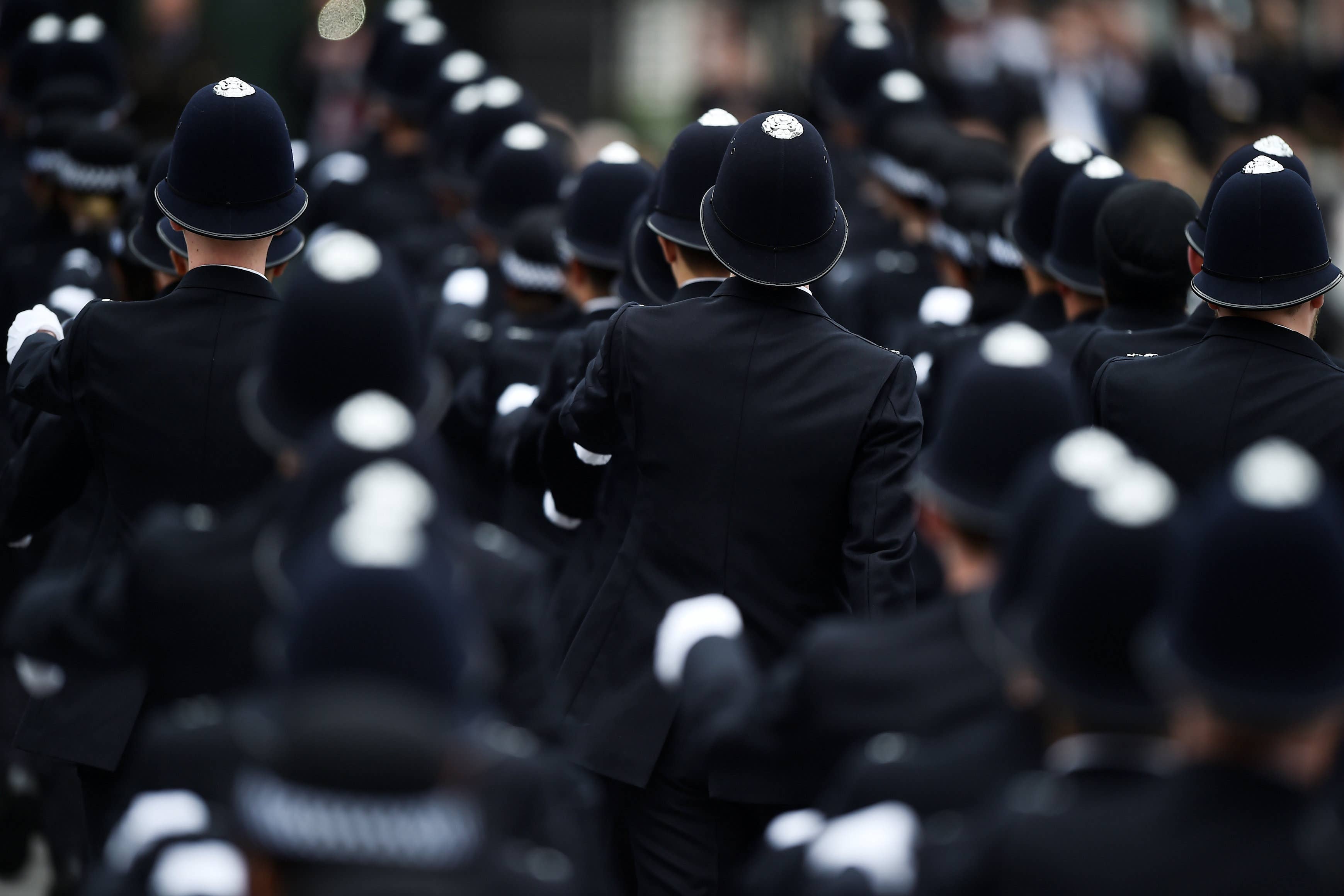Police vetting strengthened after Couzens and Carrick cases – Home Office
The College of Policing’s Vetting Code of Practice has been updated, replacing the 2017 Code.

Vetting standards for police officers have been strengthened after the “sickening” cases of killer Wayne Couzens and serial rapist David Carrick, the Home Office said.
The College of Policing’s Vetting Code of Practice has been updated, replacing the 2017 Code, to ensure officers who are unfit to serve the public can be rooted out and to make clear chief constables are responsible for holding their forces to high vetting standards.
According to the Home Office, the revised Code sets out 18 expectations for chief officers, including the requirement for re-joiners to be fully re-vetted and for forces to provide all relevant information on an officer transferring to another force.
The sickening cases of David Carrick and Wayne Couzens made clear the need for vetting practices that are effective and consistent in identifying those not fit to serve
Updates to the code also provide clarity that failure to hold minimum vetting clearance should lead to dismissal proceedings and that an officer’s vetting should be reviewed following misconduct proceedings that do not end in dismissal.
The Code further makes clear that the Barred and Advisory Lists must be checked as part of the vetting process to ensure that any officers who have previously been dismissed cannot re-join the police.
According to the College of Policing, the barred list shows “all officers, special constables and staff members who have been dismissed from policing after investigations under the Police (Conduct) Regulations 2020 or Police (Performance) Regulations 2020”.
The police advisory list is a list of “all officers, special constables and staff members who have resigned or retired during an investigation, or who leave before an allegation comes to light”.
Home Secretary Suella Braverman said: “The sickening cases of David Carrick and Wayne Couzens made clear the need for vetting practices that are effective and consistent in identifying those not fit to serve.
“Improving the standards of our officers is key to the common-sense policing the public expect, and that is why I asked the College of Policing to urgently strengthen police vetting.
“By making clear that police chiefs are expected to enforce these high standards, we will see the top-down culture change that is crucial to rebuilding public confidence.”
It is paramount that the public have total confidence in our ability to find officers who do not belong in our ranks and the greater oversight being proposed by the College will help deliver that
Chief Constable Andy Marsh, College of Policing chief executive, said: “The dreadful crimes committed by police officers and staff exposed over recent months are compounded by the fact some of them flew under the radar because opportunities to detect them were missed.
“The Code provides chief officers with clear expectations on what action is required to improve standards and consistency in police vetting units.
“It is paramount that the public have total confidence in our ability to find officers who do not belong in our ranks and the greater oversight being proposed by the College will help deliver that.”
He added that vetting only forms “one part of the jigsaw” and that new leadership training, a refreshed Code of Ethics and work with police forces to improve the response to violence against women and girls “will provide further help”.
The move follows His Majesty’s Inspectorate of Constabulary, Fire and Rescue Services’ report on vetting, misconduct and misogyny in policing.
The revised Code of Practice was laid in Parliament on Thursday and will come into force immediately.
Bookmark popover
Removed from bookmarks